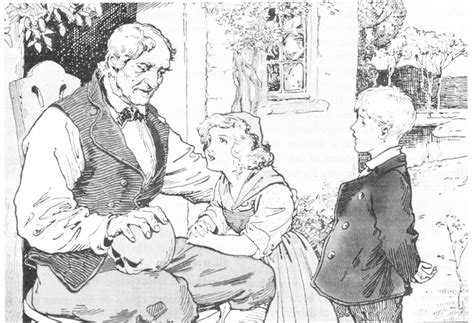Note: If you wish to receive, via e-mail, (1) my weekly newsletter or (2) daily copies of these posts, write to me at rrbates1951@gmail.com. Comments may also be sent to this address. I promise not to share your e-mail with anyone. To unsubscribe, write here as well.
Thursday
In Tuesday’s post I, like many others, traced Donald Trump’s bombing decision to manhood insecurities, which have led to a not insignificant number of horrors in the history of the world. When his birthday parade failed to allay these insecurities, he turned to bunker busting bombs. His vision of a grand gesture silencing all doubters—something akin to Barack Obama taking out Osama Bin Laden—continues to elude him. In fact, his obsessing over Obama winning the Nobel Peace Prize proves him to be, yet again, the lesser man. This is driving him crazy.
While he boasts of having “completely and totally obliterated” Iran’s nuclear bomb capabilities, he appears to have only set the country back by a few months. Indeed, he has accomplished far less in this arena than, yes, the Obama treaty that he tore up. Yet I suspect that his cult followers, including even the isolationists who initially opposed the raids, will fall in line and continue to buy what he’s selling.
In this way, they are like the old grandfather in the 1798 Robert Southey poem “After Blenheim.” Recounting to his grandchildren the story of the 1704 battle between the French and British alliances (the latter of which included the Netherlands, where the poem is set), Old Kaspar can only repeat what the authorities tell him: that the affair was “a great victory.”
In doing so, he must overlook the fact that thousands were killed, that his family home was burned to the ground, that the “country round was wasted far and wide,” and that many nursing mothers and their babies died.
His grandchildren ask him the same question that we should all be asking Trump: why did the armies fight each other and\ “what good came of it at last?” The answer they get is essentially what we’re getting from our president and his minions:
“It was the English,” Kaspar cried,
“Who put the French to rout;
But what they fought each other for,
I could not well make out;
But everybody said,” quoth he,
“That ’twas a famous victory.
Here’s the poem:
After Blenheim
By Robert Southey
It was a summer evening,
Old Kaspar’s work was done,
And he before his cottage door
Was sitting in the sun,
And by him sported on the green
His little grandchild Wilhelmine.
She saw her brother Peterkin
Roll something large and round,
Which he beside the rivulet
In playing there had found;
He came to ask what he had found,
That was so large, and smooth, and round.
Old Kaspar took it from the boy,
Who stood expectant by;
And then the old man shook his head,
And, with a natural sigh,
“‘Tis some poor fellow’s skull,” said he,
“Who fell in the great victory.
“I find them in the garden,
For there’s many here about;
And often when I go to plough,
The ploughshare turns them out!
For many thousand men,” said he,
“Were slain in that great victory.”
“Now tell us what ’twas all about,”
Young Peterkin, he cries;
And little Wilhelmine looks up
With wonder-waiting eyes;
“Now tell us all about the war,
And what they fought each other for.”
“It was the English,” Kaspar cried,
“Who put the French to rout;
But what they fought each other for,
I could not well make out;
But everybody said,” quoth he,
“That ’twas a famous victory.
“My father lived at Blenheim then,
Yon little stream hard by;
They burnt his dwelling to the ground,
And he was forced to fly;
So with his wife and child he fled,
Nor had he where to rest his head.
“With fire and sword the country round
Was wasted far and wide,
And many a childing mother then,
And new-born baby died;
But things like that, you know, must be
At every famous victory.
“They say it was a shocking sight
After the field was won;
For many thousand bodies here
Lay rotting in the sun;
But things like that, you know, must be
After a famous victory.
“Great praise the Duke of Marlbro’ won,
And our Prince Eugene.”
“Why, ’twas a very wicked thing!”
Said little Wilhelmine.
“Nay… nay… my little girl,” quoth he,
“It was a famous victory.
“And everybody praised the Duke
Who this great fight did win.”
“But what good came of it at last?”
Quoth little Peterkin.
“Why that I cannot tell,” said he,
“But ’twas a famous victory.”
So one party is telling us that the Iranian bombing “was a famous victory” and one that “’twas a very wicked thing!” Who do you believe?


